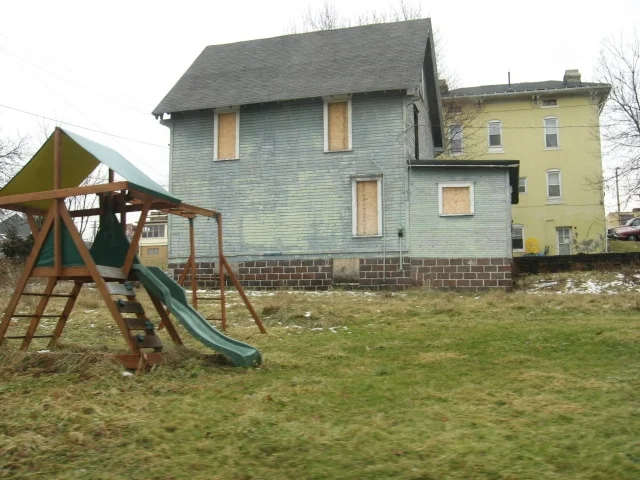Earlier this month, the state rolled out the new Welcome Home Ohio program to increase the housing stock in communities throughout the state. This post provides information about the program and how qualified entities can apply for grant funds.
Vermont Designation Programs a Popular Tool for Comprehensive District Redevelopment
Jumpstarting development is a perennial struggle for legacy cities all over the country. Some communities lack the training and technical assistance know-how to tap into existing resources, some lack financial capital to incentivize development, and some simply don’t know where to start work in their communities.
TDI demonstrates a state-level initiative to spur development to Massachusetts’ most distressed communities.
Looking back on my time as a GOPC intern
New Website Provides Housing Resources to Local Governments
Housing supply and affordability constitute ongoing challenges for communities of every size, and crafting an adaptable, comprehensive, and balanced housing strategy can be a daunting task. LocalHousingSolutions.org provides resources to help cities, towns, and counties develop comprehensive and balanced local housing strategies that enhance affordability, protect low-income residents from displacement, and foster inclusive neighborhoods.
Columbus to Establish Community Land Trust
Columbus City Council Signs Changes to Tax Break Requirements
GOPC Attends South Side Renaissance Fund Celebration
Ohio’s Affordable Housing Advocates Share Latest Local Initiatives at Second Learning Exchange
This past April, Greater Ohio Policy Center (GOPC) convened a second statewide affordable housing learning exchange at the Columbus Metropolitan Housing Authority (CMHA) offices. Affordable housing practitioners and advocates from Columbus, Cincinnati, Cleveland, and Toledo discussed local housing challenges and identified successful initiatives to build on.
Boston Professor Discusses Fundamental Importance of Affordable Housing
By Alex Highley, GOPC Project Associate Dr. Megan Sandel, Associate Professor of Pediatrics at Boston University spoke this week to the Columbus Metropolitan Club about the importance of housing as a solution to many health and educational concerns. Sandel and EJ Thomas, the chief executive of Habitat for Humanity MidOhio, spoke for about an hour underscoring the idea that access to affordable, decent housing is the most critical foundation for leading a healthy life and should be prioritized in discussions of solving related problems. At a time when many people are struggling to pay rent, Greater Ohio Policy Center recently studied national models emerging in Ohio that seek to rebuild neighborhoods tainted with abandoned homes. GOPC’s assessments of projects in Columbus’ Weinland Park and Cleveland’s Slavic Village show that Sandel and Thomas’ vision of rehabilitating blighted properties into safe and affordable housing can be successful.
Sandel explained that the link between housing and health is not at all a new concept; in fact, a report was published in 1911 confirming housing’s vital role as a basis for good health. In the modern era, this relationship still exists but historical worries such as fire hazards and threats of tuberculosis have subsided thanks to modern building codes. Instead, the affordable housing gap between wages and rents is the most pressing cause for unease. Even in a state where housing is generally considered cheap, a quarter of Ohio residents pay at least half of their income on rent alone. Moreover, of the 54,000 families in central Ohio, there are 1,500 people experiencing homelessness.
These stats make for grim reading but Sandel and Thomas believe pulling together ideas and resources from nonprofits, policymakers, and business leaders will allow communities to more successfully and cost-effectively identify housing needs and enable struggling families to afford a roof over their heads. GOPC’s report found that collaborative investments in Weinland Park totaling $80 million by philanthropy groups, government agencies, and other stakeholders have contributed to the area’s increased stability. In fact, housing values in Weinland Park are more evenly distributed between low and high prices than before intervention, while subsidized housing helps protect vulnerable residents from being priced out of the market.
During her talk, Sandel emphasized that interventions should embrace devoting resources to entire neighborhoods at a time, rather than individual homes. GOPC documented that the Slavic Village Recovery Project strategy targeted a “critical mass” of over 300 properties to renovate and demolish, which reflects Sandel’s more holistic approach to revitalization. Finally, Sandel said her response to people who are unconvinced that communities can afford greater investment in reasonably priced housing is: “can you afford not to?” As a result of shrinking availability of affordable housing, we are already paying too much in terms of health services, special education, and fighting crime.








